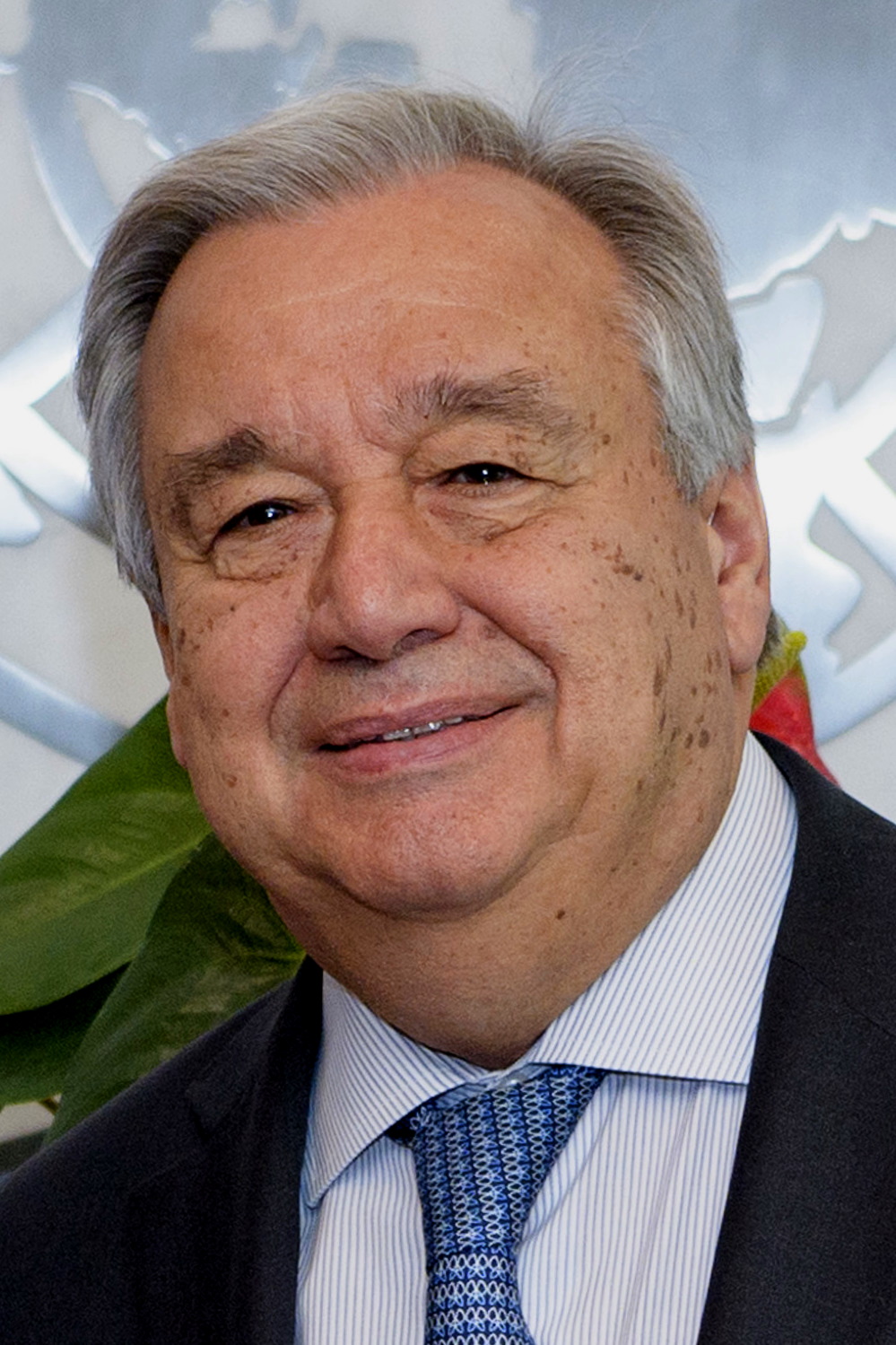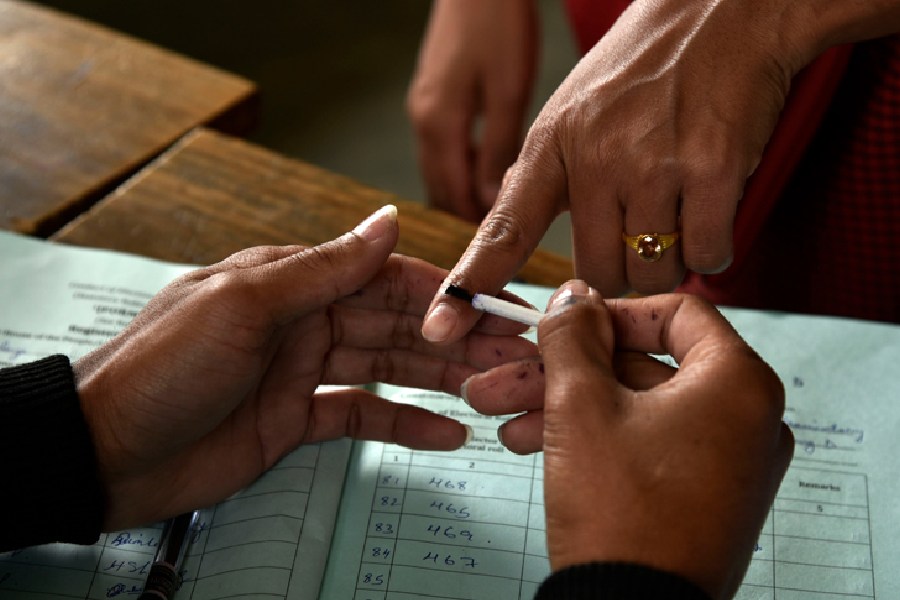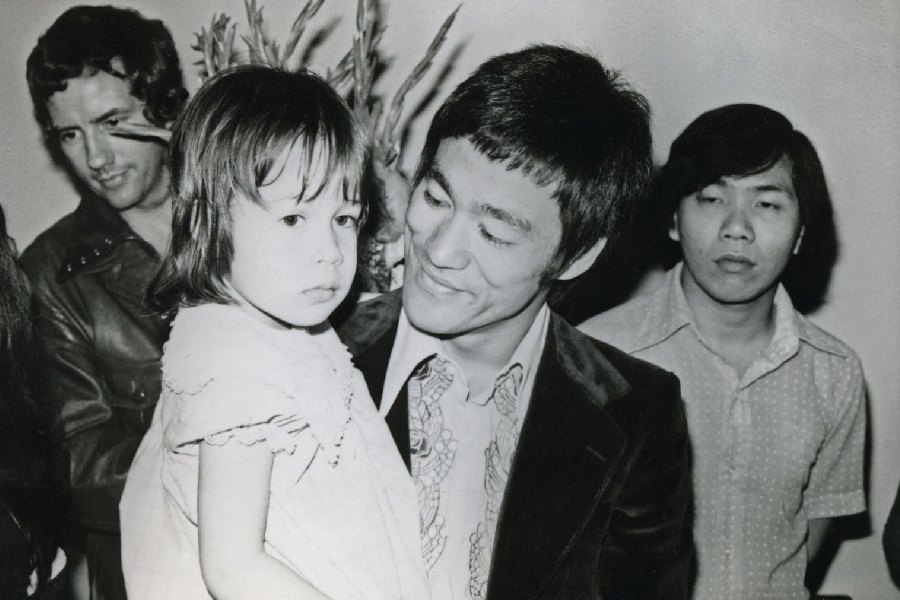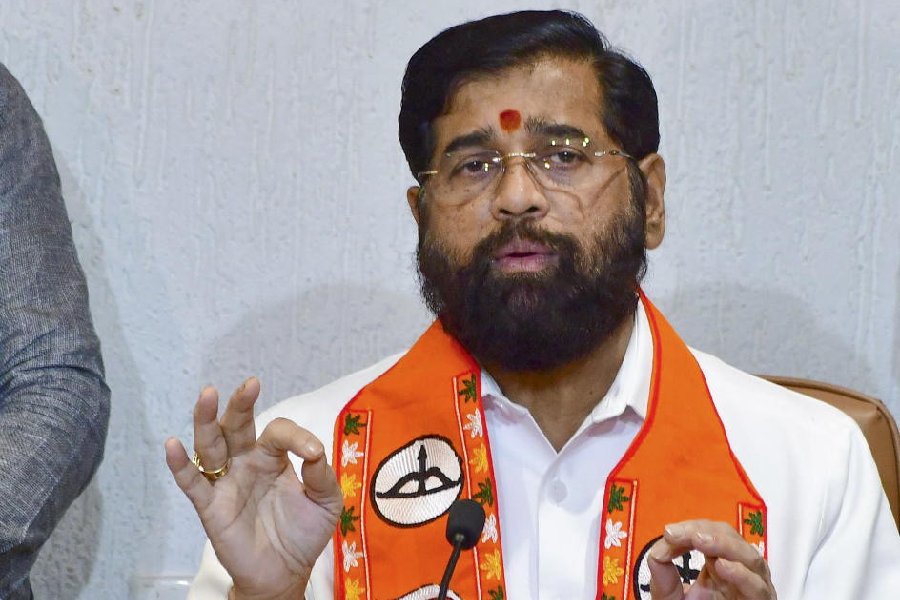UN Secretary-General Antonio Guterres has warned that the world faces the most challenging crisis since World War II, confronting a pandemic threatening people in every country, one that will bring a recession “that probably has no parallel in the recent past”.
There is also a risk that the combination of the disease and its economic impact will contribute to “enhanced instability, enhanced unrest, and enhanced conflict,” the UN chief said at the launch of a report on the socioeconomic impacts of Covid-19 on Tuesday.
Guterres called for a much stronger and more effective global response to the coronavirus pandemic and to the social and economic devastation that Covid-19 is causing.
He stressed that this will only be possible “if everybody comes together and if we forget political games and understand that it is humankind that is at stake”.
“We are facing a global health crisis unlike any in the 75-year history of the United Nations — one that is killing people, spreading human suffering, and upending people’s lives,” the report said.
“But this is much more than a health crisis. It is a human crisis. The coronavirus disease (Covid-19) is attacking societies at their core.”
The secretary-general told reporters: “The magnitude of the response must match the scale of the crisis — large-scale, coordinated and comprehensive, with country and international responses being guided by the World Health Organisation.”
He stressed that “we are still very far from where we need to be to effectively fight the Covid-19 worldwide and to be able to tackle the negative impacts on the global economy and the global societies.”
First, he said, many countries are not respecting WHO guidelines, with each tending to go its own way in dealing with the pandemic.
“Let us remember that we are only as strong as the weakest health system in our interconnected world,” he said. “It is essential that developed countries immediately assist those less developed to bolster their health systems and their response capacity to stop transmission.”
Secondly, he said, while $5 trillion has been mobilised, most of that money was by the developed world — including $2 trillion in the US — to support their own economies. “We are far from having a global package to help the developing world to create the conditions both to suppress the disease and to address the dramatic consequences in their populations.”











